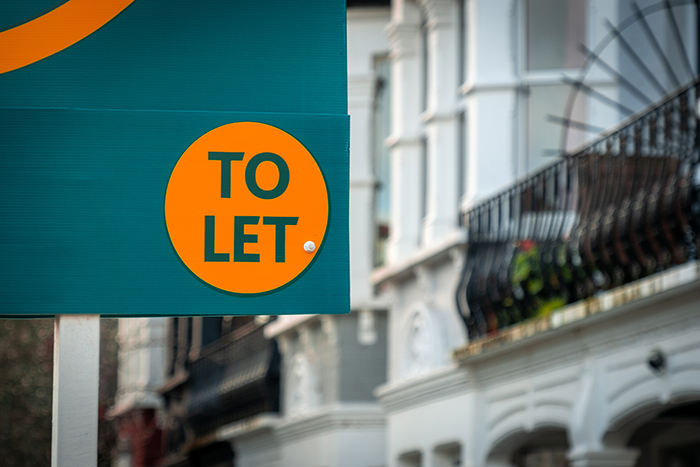
The Treasury is considering increasing taxes on landlords by adding national insurance on rental income ahead of the Chancellor’s autumn budget.
Officials under Rachel Reeves are understood to be looking at proposals to hike a levy on property earnings in the hope of raising £2bn as the department looks to bolster the public finances by as much as £40bn.
The move is being backed by some inside Labour as it is seen as a way of targeting “unearned revenue”, The Times reported.
National Insurance is currently taxed at 8% for employed people and 6% for the self-employed. For income and profits over £50,270, the rate falls to 2%.
Landlords currently pay income tax on profits from rent, although there is 20% relief on mortgage interest, and property investors can subtract allowable expenses, including maintenance and letting fees.
Quilter tax and financial planning expert Shaun Moore says: “The proposal to apply National Insurance to rental income would be another significant blow to the buy-to-let sector, which has already been squeezed from all angles in recent years.
“Landlords have faced a raft of changes, from the reduction in mortgage interest relief to tighter regulations and higher borrowing costs, making it increasingly difficult for amateur landlords to operate profitably.
“On top of this, the abolition of ‘no-fault’ evictions under the Renters’ Rights Bill means landlords now face far greater challenges in regaining possession of their properties, adding another layer of complexity and risk to letting.”
Hargreaves Lansdown head of personal finance Sarah Coles argues that tax rises on landlords will be passed onto renters,
Coles says: “Landlords have proven a rich source of tax over the years, but the government will also have an eye on the fact that landlords are already selling up.
“Figures out at the end of last year showed almost a third of landlords planned to cut the size of their portfolio in the next two years, and around a sixth planned to sell all their properties.”
She adds: “The risk here is that tenants will pay a price. Figures from [surveyor’s body] Rics showed that the number of rental properties coming to the market fell for the 11th month in a row in July.
“This has added to pressure on rents, which are currently up 5.9% in a year, but have been rising at more than 5% a year for the past three years, so renters have seen multiple hikes pile up.”
National Residential Landlords Association chief executive Ben Beadle says: “Further punitive tax hikes on the rental sector will lead only to rents going up, hitting the very households the government wants to protect.
“It would come on top of last year’s increase to stamp duty on homes purchased to rent and proposals expecting landlords to pay up to £15,000 on energy efficiency improvements to properties.
“Analysis by [property agent] Savills shows that up to one million new rental homes will be needed by 2031 to meet demand.
Beadle adds: “Given this, the Chancellor should be using the tax system to encourage long-term investment in new, good-quality rental housing.
“She should also heed the advice of the committee on Fuel Poverty and reform the tax system to support investment in energy efficiency improvements.”
The reported move by the Treasury is the latest of a series of stories this summer about the department looking at property taxes as a way to boost government coffers.
Earlier this month, it was reported that Reeves is considering plans for a tax on homes worth over £1.5m as part of plans to close a large hole in the public finances.
The move would see homes sold above that price subject to a capital gains tax at 18% for basic-rate taxpayers and 24% for higher-rate taxpayers.



